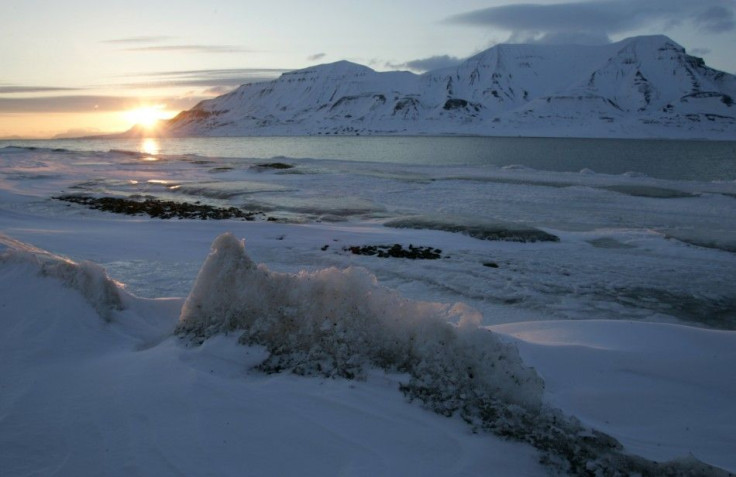Arctic Ice Melting Due To Absorption Of Increased Solar Radiation

In recent years, the Arctic region has been absorbing more and more of the sun's radioactive energy, causing the rapid melting of ice in the region. Researchers have found a direct correlation in the rise of solar radiation being absorbed and the decrease in the mount of Arctic sea ice.
Since 2000, scientists have observed that the reflective quality of the sea ice has been overwhelmed by the increased levels of absorption of solar radiation such that sea ice in the area has been shrinking at a consistently alarming rate. In fact, the overall climate of the Arctic region is reported to have undergone a marked increase in warmth.
Norman Loeb of NASA's Langley Research Centre in Virginia has reportedly stated that the Arctic region experienced an increase of warmth in the climate of about five percent. In fact, scientists have concluded that the Arctic region is the only one in the world to have experienced such a rise in temperatures. NASA's Clouds and the Earth's Radiant Energy System (CERES) instruments, which have been placed on a few satellites are responsible for uncovering the data and measurements from which the Arctic climactic conditions can be analysed.
Leob went on to say that "Advances in our understanding of Arctic climate change and the underlying processes that influence will depend critically upon high quality observations like these from CERES." What is confounding most scientists is that the Arctic region is comparatively showing more changes in its climate than any other region on the planet.
Mark Tschudi of the University of Colorado provided enough data that portrayed that since 2000, the Arctic region has lost a total of 1.4 million square kilometres of old ice. Further observation into the climactic conditions of the Arctic region only reinforce the theory that the marked temperature rise in the region is slated to continue increasing at this rate. While most would like to spend more time observing climactic patterns before venturing a root cause for such drastic changes, the possibly that global warming may have a hand in all this could not be ruled out.





















